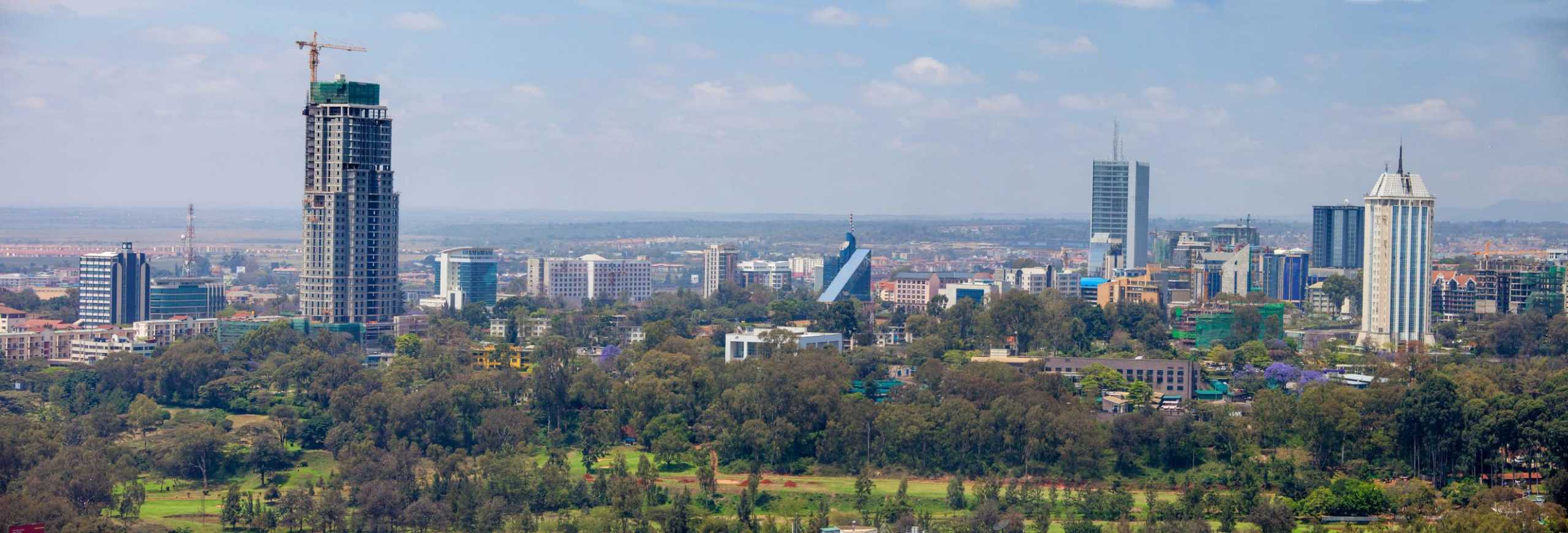FAQ’s
FAQs on the Class K, Ordinary Resident Permit in Kenya

What is a Class K Ordinary Resident Permit in Kenya?
This is an immigration permit issued to foreigners who wish to live in Kenya, without working or being employed in Kenya. The main criteria for this residence permit is a minimum annual income derived from sources outside of Kenya as well as being over the age of 35 years old.
What is the law governing Class K Ordinary resident permits in Kenya?
This is contained in the Kenya Citizenship and Immigration Act and the Regulations thereunder.
Who is eligible to apply for a Class K Resident Permit in Kenya?
These include:
- A person aged over 35 years’ old
- Persons who will not work or run a business in the territory of Kenya as the permit only allows you to live in Kenya, not work here.
- Minimum threshold of income from sources outside of Kenya of USD 24,000 e.g. pension or annuity
Is there a requirement for prior residence in Kenya to be eligible for a Class K Ordinary Resident Permit?
No requirement for this.
Is there a time limit one should live in Kenya after obtaining the Class K Permit?
A Class K Ordinary Resident Permit for residence expires after 2 years, there is no stipulated time limit regarding staying in the country for the duration of the said 2-year permit.
However, if you will be seeking citizenship after 7 years of holding this permit – there is a residence requirement by virtue of the documents to be included in the application e.g. police clearance certificate and the dependant’s pass
Difference between a residence permit (class K) and permanent residency?
A residence permit also called Class K permit is a 2-year permit issued to foreigners who wish to live in Kenya without working or being employed in Kenya. The main criteria for this residence permit is a minimum annual income derived from sources outside of Kenya as well as being over the age of 35 years old. On the other hand, permanent residence is a certificate issued by immigration allowing indefinite stay and work in Kenya without the need to get a work permit issued to eligible persons. Thus in summary the Class K permit only lasts 2 years while the permanent residence certificate lasts indefinitely until validly rescinded for valid reasons by the government.
Is there a requirement to reside in Kenya after obtaining the Class K permit?
There is no stipulated requirement, but depending on your immigration goals into Kenya, you may need to.
How can I lose my Class K Permit?
The government has power to revoke this if you act in a manner contrary to the requirements of the permit e.g. you ought not to work or run a business in Kenya on this permit.
Do I need to renew the Class K permit?
Yes, the permit runs for 2 years and after it expires and must be renewed to continue ordinary residence in Kenya without work or employment derived in Kenya.
What document do I get to confirm my application for the Class K permit is successful?
You get confirmed written approval and an epermit and the permit is stamped in your passport.
Required documents for Class K Ordinary Resident Permit application?
These include:
- Duly filled and signed Form 25
- Two copies of detailed and signed cover letter from self, addressed to the Director of Immigration Services
- Copy of a valid national passport
- Passport photo colour
- Current Immigration status if in the country
- Documents in foreign languages should be translated into English by either the Embassy, Public Notary, or authorized /recognized institution
- Copy of any previous permit(s) and or pass (es) held
- Documentary proof of annual assured income of at least USD 24,000 per annum e.g. pension
- Bank Verification Form
- Government Fee for the Class K Permit
-
- Application Fee of KES 20,000
- Issuance Fee of KES 500,000 for 2-year permit
- Alien Card Fee of KES 10,000
- Security bond of KES 100,0000
The provision of general information herein does not constitute an advocate-client relationship with any reader. All information, content, and material in this article are for general informational purposes only. Readers of this article should get in touch with us/a qualified advocate to obtain legal advice with respect to any particular legal matter.
Post Author

JOAN MUKOYA
Managing Partner
RELATED ARTICLES


